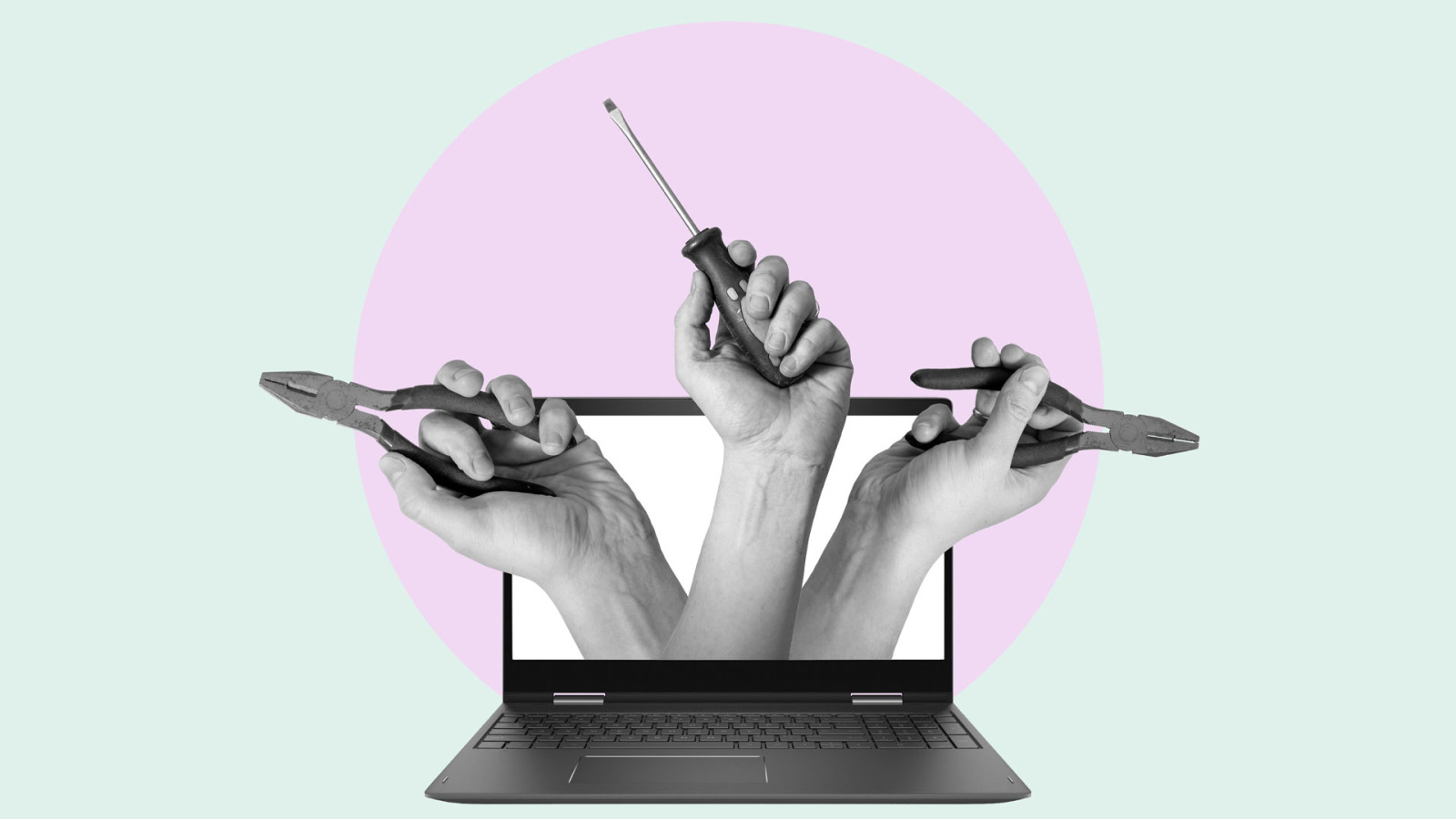
Who do we trust to lead us? Michael Gove infamously said in 2016 “people in this country have had enough of experts”. I’m starting to have some sympathy with that line, but before you hang me, please read on.
Over 24 years of working in comms and marketing I have learned that what inspires people to trust is a shifting thing, the building blocks are not fixed.
We do some ongoing research at Wardour which touches on trust. It’s eerie how our last findings in 2019 chime with the government’s current approach to tackling communication on the Covid-19 crisis.
Our research highlighted the four key factors that shape trust as being:
- Accuracy and well supported facts
- Confidence in the source sharing the content
- The impartiality of the content
- The content coming from someone deemed to be an expert
You can see this in action at every daily press briefing. The government flanks itself with scientific experts and consistently repeats the line, “we are being led by the scientific advice”. There is a focus too on well supported facts – the experts present detailed data with graphs to bring them to life. Whether or not the data are accurate, well time will tell. But the data do in turn provide our ministers with a coating of impartiality: “this is what the numbers tell us”.
This just leaves us with the idea of “confidence in the source sharing the content”. To date, I suspect most of us have been willing to put aside our personal views and give Boris and his team the benefit of the doubt no matter how we voted. But how long will that last? From the tone of the ongoing national debate, my suspicion is not very much longer. And that’s going to be a problem for the government, because to keep us all focused in the right direction we are going to need to trust them more than ever before.
Which brings us back to Michael Gove’s quote. The trouble with expertise is that while essential it is not very inspiring. As the line goes, no one ever put up a statue to a committee. It feels like we have fallen in love with the message and forgotten the importance of how the message is communicated.
The struggle against Covid-19 is being likened to a global war. Near the start of the last big one in 1940, Churchill built trust through stirring rhetoric. Today such an approach would not float. We are wary of those that look too good or talk too wise. But I suspect that we might see a swing in that direction.
Personally, I could do with a bit of inspiration at this point. I could accept that the journey ahead is going to be hard and that mistakes are going to be made if I felt motivated by our leaders.
I suspect that when we come to repeat our Wardour research in 2020 we might find people saying something a little different to last year. Yes, trust is based on expertise, but it only takes to the wing through inspirational communication.
* If you would like to read our research ‘Is trust really great again?’, please download a PDF copy here.
Stay ahead of the curve
Sign up to our emails

